New online adoption system introduced in 2015 is full of glitches. Lack of human touch, say social workers, means the few adoptions aren't successful
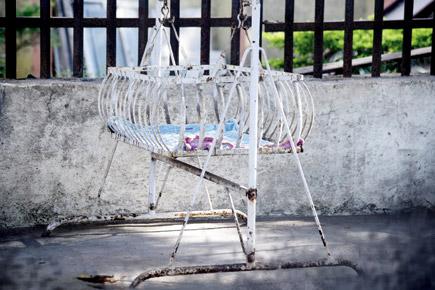
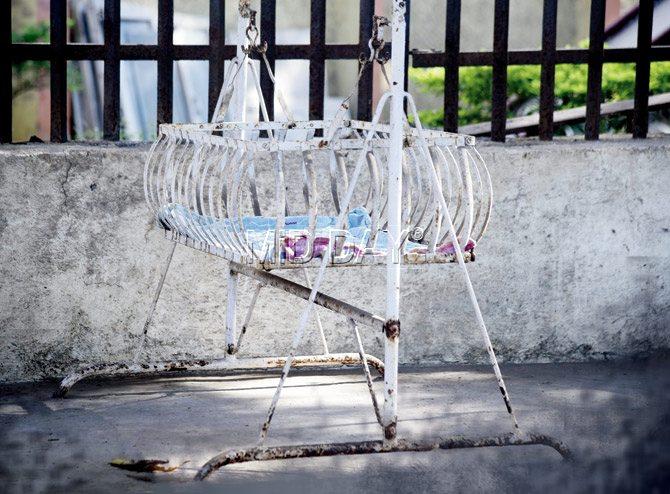
A cradle at Thane's Janani Ashish Charitable Trust. Pic/Sameer Markande
In 2015, a doctor from a prominent city hospital applied to adopt a child through the online application system implemented by the Central Adoption Resource Authority (CARA).
ADVERTISEMENT
"After almost a year, he received an email telling him how the process would work," says a senior officer from The Adoption Federation of Maharashtra (AFM) — an association of the state's 65 adoption agencies — that helps facilitate the adoption process in the state. "He was shown photographs of three children in the age, gender and health category that he had picked and was asked to choose from among them. He was asked to upload certain documents. But, when he did try to do that, the system couldn't process it," the officer adds.
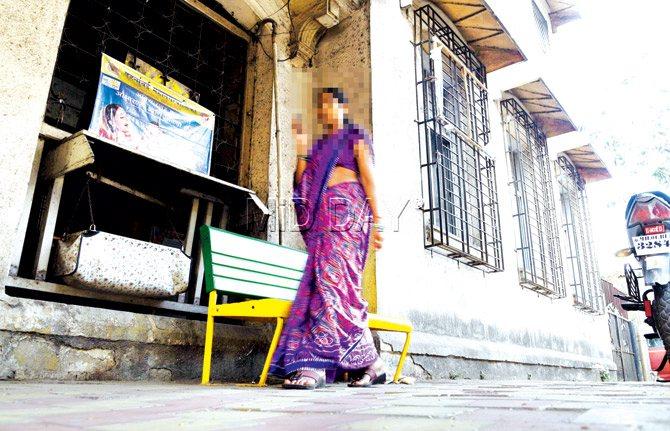
A cradle has been placed in front of the Municipal Maternity hospital at Veer Savarkar Road, Prabhadevi, where unwanted babies can be dropped. Pic/Sureshâu00c2u0080u00c2u0088Karkera
Discussing another case, he says a security guard at a well-known firm uploaded his documents online only to find that they had been made public on the site. CARA is a central government based online system, controlled by the Maneka Gandhi-led Ministry of Women and Child Development, through which all adoptions in the country are processed and monitored. Even those living abroad who wish to adopt Indian children have to register on this site. While the idea was to bring in transparency and cut any illegal transactions through non-government organisations that act as adoption agencies, what social workers argue is that the system has led to a drop in the adoption numbers.
AFM says compared to the 3,989 adoptions in 2014-2015, there were only 3,011 in 2015-2016. In October 2015, three months after CARA was implemented, AFM filed a PIL against CARA in the Bombay High Court along with parents planning to adopt a child, asking for changes to the system. While the PIL has been admitted, the High Court hasn't responded yet.
System not helping children
Madhvi Mhatre has been a consultant to the Mumbai-based AFM since its formation in 2015. Having worked as an adoption head for 14 years, she estimates that during that period, she facilitated over 50 adoptions every year. She says what the NGOs, which have now been taken out of the equation, did was ensure that the adoptive parents were scrutinised carefully. Also, the child and family were matched. "Finally, you are dealing with a human being and not selling a product," says the 53-year-old. "Adoption is not an easy process. Often while screening families we'd come up against red flags. For instance, we'd find that the father was having an extra-marital affair. In these cases, we'd reject the adoption request. But, an online process doesn't take these factors into account," she adds.
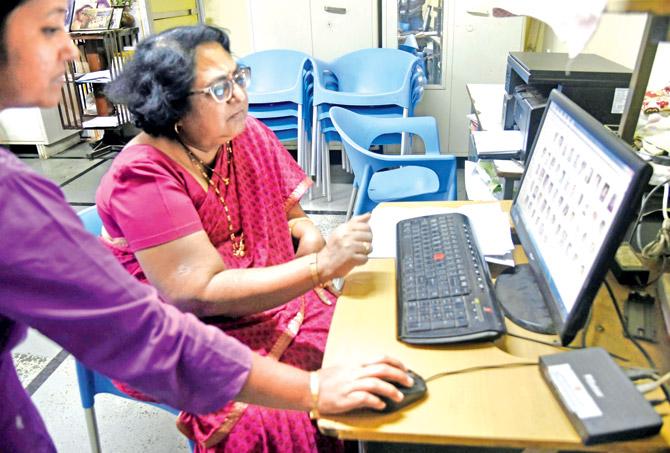
Jayshree Deshpande, 53, executive director of Janani Ashish Charitable Trust
Mhatre, who was also the president of Chembur's Bal Anand, states that a central process also matches parents and children from different states, which, in a country like India, doesn't work as the child may not speak the family's language and may have different food habits. "Though the government has appointed staff to screen parents, do these people know anything about the child? Just checking the background is not enough," she adds. Sometimes, this lapse leads to dissatisfied parents returning the child.
Jayshree Deshpande, 53, executive director of Janani Ashish Charitable Trust in Dombivli East discusses the case of an 18-month-old girl who was adopted by a Thane couple. "During the adoption process, we had done the medical tests of both the couple and the child. But, she got a fever and as their family doctor told them that her health would not be good — they handed the child back. Counsellors are needed in such cases," she said. Desphande, who has completed a masters in social work in family and child welfare and has an MA in sociology and psychology, has been working in the field since 1984. She says health often poses an issue for parents looking for perfect kids.
"Usually children found abandoned are either pre-mature or weak or low in weight. But, they are healthier and according to the doctor's suggestion they are fit and need little treatment. But, parents think that an illness will end up being a lifelong struggle for them," she adds. In October 2016, AFM called a meeting of its members to call for feedback against CARA. While CARA is a respondent to the PIL, AFM has still not received any word from them.
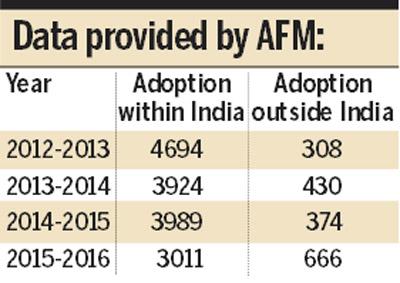
 Subscribe today by clicking the link and stay updated with the latest news!" Click here!
Subscribe today by clicking the link and stay updated with the latest news!" Click here!







